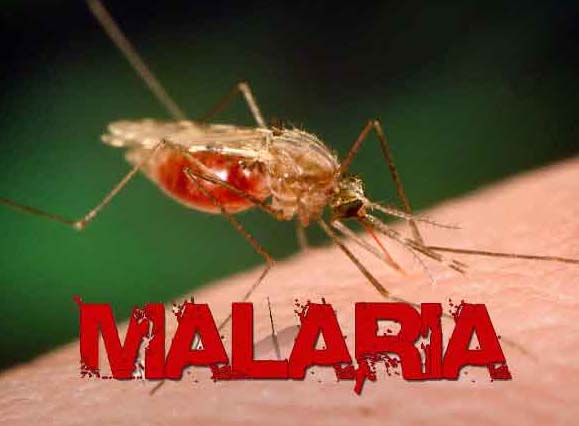Malaria
Malaria is a potentially life-threatening illness transmitted to humans by certain species of mosquitoes. It is predominantly prevalent in tropical regions. However, it is important to note that malaria is both preventable and curable.
The disease is caused by a parasite and does not spread directly from person to person. Symptoms can vary from mild to severe. Mild symptoms typically include fever, chills, and headaches. On the other hand, severe symptoms encompass fatigue, confusion, seizures, and respiratory difficulties.
Certain groups of individuals are at a higher risk of experiencing severe malaria, including infants, children under 5 years of age, pregnant women, travelers to affected regions, and individuals with HIV or AIDS.
Prevention of malaria involves taking measures to avoid mosquito bites and utilizing appropriate medications. By following these preventive measures, the occurrence of mild cases can be effectively controlled and prevented from worsening.
Malaria primarily spreads through the bites of infected female Anopheles mosquitoes. However, it is also possible to contract the disease through blood transfusions or contaminated needles. Initial symptoms of malaria may resemble those of other febrile illnesses, making it challenging to diagnose. If left untreated, particularly in cases of P. falciparum malaria, the disease can rapidly progress to a severe state, potentially leading to death within a short span of 24 hours.










